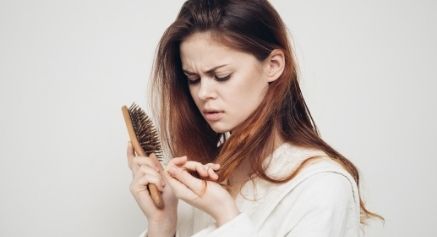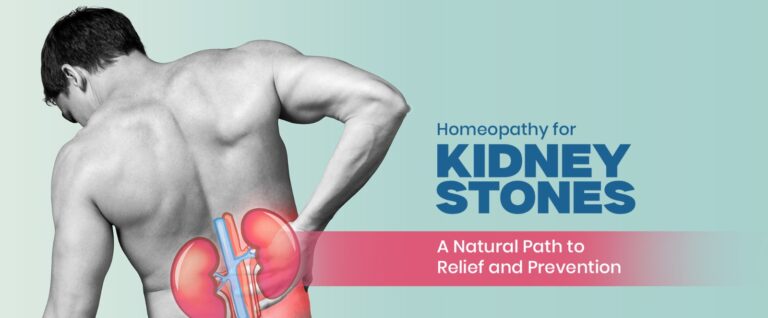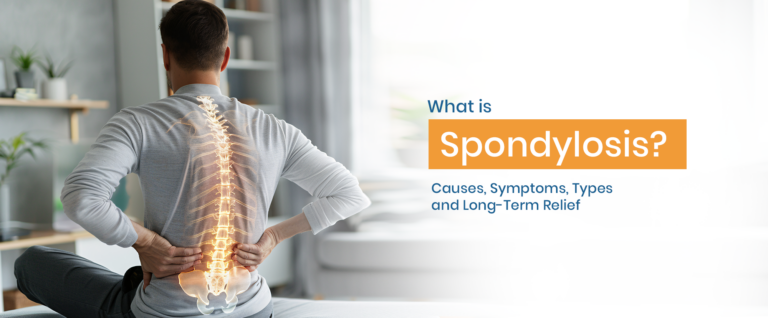Have you noticed your hair falling out? Whether you’ve seen more hairs than usual on your pillow or in the shower drain catch, or on your clothing, it’s natural to get concerned when you find your hair thinning. Read on to find out usual hair fall causes.
Hair loss is a disease that affects millions of individuals throughout the world. While it is typical to shed between 50 and 100 strands of hair a day, any hair loss that exceeds this number may cause concern.
There are a few reasons for hair loss, and the level of hair loss can range from mild thinning to severe baldness. Some people may suffer from focal patches of hair loss, while others may suffer from more widespread hair loss. If you are experiencing abnormal hair loss, see your doctor for a clear assessment of hormones and hair loss treatment.
Female pattern baldness is the most frequent kind of hair loss in women.
Hair loss in women can occur for several reasons and hair types. Variations in your hormone levels and genetic sensitivity to certain hormones can cause it. In other situations, stress, thyroid disorders, weight loss, and even environmental factors can have an impact on your hairline.
Dealing with hair loss hormones as a woman can be challenging. Fortunately, it is almost always curable with safe & effective homeopathy treatments. The causes of female hair loss, as well as treatment options are discussed below.
What Causes Female Hair Loss?
The majority of people associate “hair loss” with balding in men. Hair loss, on the other hand, can be a big issue for females too. Women’s hair loss can be caused by a variety of circumstances, ranging from genetic androgen tolerance to reacting factors.
The most prevalent reasons for female hair loss are mentioned here, along with specific ways in which each condition might impact your hairline.
- Hormones
Hormones are the most prevalent cause of male and female hair loss. The exact hormone responsible for hair loss in both sexes is same: dihydrotestosterone (often known as “DHT”), a hormone synthesized from testosterone.
Men and women both require testosterone. Men usually have huge amounts of testosterone and a relatively small amount of estrogenic hormones. This proportion is reversed in women, with low levels of testosterone and greater quantities of oestrogen and progesterone hormones.
Testosterone is crucial for a range of functions in your body, including controlling your sexual urge and maintaining the health and strength of your bones and muscular tissue.
Testosterone serves as a source for numerous other hormones in your body. DHT is one of these hormones. DHT harms your hairline by decreasing hair follicles, causing hairs to stop growing on a routine basis and start falling off.
This kind of hair loss is referred as androgenic alopecia, or female-pattern hair loss (FPHL). Overall, it is the most severe type of hair loss, because androgenic alopecia can weaken your hair follicles & the hair you lose is often gone forever.
Hormonal hair loss in women differs from that in men. Women with hormonal hair loss typically notice a diffuse thinning pattern throughout the whole scalp, as opposed to the horseshoe-like pattern of hairline seen in men.
In general terms, if you have female-pattern hair loss, you won’t have a high forehead, but your hair may grow considerably thinner.
Fortunately, androgenic alopecia is curable. We’ve mentioned the most successful hormonal hair loss treatment alternatives lower down the page, as well as additional items that can help you keep as much of your hair as possible.
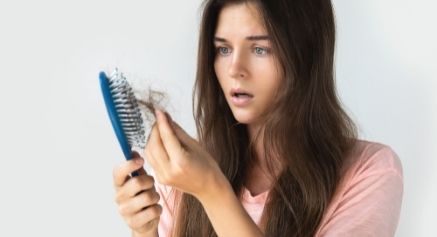
- Menopause
Because menopause affects the production of multiple hormones, it is common for women to have hair loss hormones.
Your body’s production of estrogens and progesterone may decrease during menopause. Along with decrease in female hormone production, sensitivity to male hormones like DHT may rise. If you are genetically prone to DHT, your hairline and hair thickness may suffer as a result.
Menopausal hair loss often occurs between the ages of 50 and 60, with most women seeing a continuous drop in hair density. It can also happen in your 30s and 40s, depending on the age at which you enter menopause. Menopausal hair loss, like other female-pattern hair loss, is curable.
- Thyroid Abnormalities
Hair loss is caused by both hypothyroidism (underactive thyroid) and hyperthyroidism (overactive thyroid). This is due to the fact that your thyroid plays a major role in growth of new hair strands at the root, assisting your body in maintaining a continuous supply of new hairs.
If your thyroid is not working properly, the hairs you regularly shed each day may not be completely replaced by new hairs.
Thyroid disease not only causes hair loss, but it may also cause hair to become thin, dry, and prone to breakage. Thyroid problems almost always result in diffused hair loss throughout the scalp, rather than localized hair loss around your hairline, temples, or crown.
Hair loss caused by thyroid problems, as compared to hormonal hair loss, is usually reversible. Your hair will gradually return to its previous thickness and length after you’ve discovered and addressed the underlying cause.
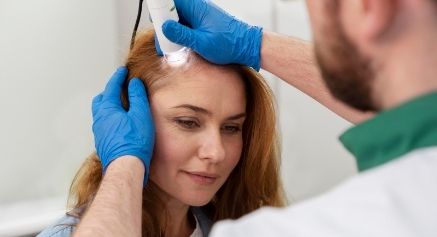
- Stress
If you are in the job for long hours in a stressful atmosphere or have spent the previous few weeks coping with a difficult incident in your personal life, the stress you’ve felt may damage your hair.
Telogen effluvium is also another type of hair loss induced by stress. In contrast to hormonal hair loss in women, it is typically not permanent. Telogen effluvium causes abrupt thinning of your hair throughout your whole scalp, resulting in extra hairs on your pillow, on your hairbrush, and in shower.
Telogen effluvium, like other types of temporary hair loss, affects your hairline by driving hairs into the telogen phase, the ultimate stage of your hair’s growth cycle. This might cause your hair to fall out without any replacement hairs coming in.
Telogen effluvium hair loss generally appears two to three months after a stressful event or lifestyle change that caused it.
Stress-induced hair loss, like other types of hair loss in women caused by non-hormonal reasons, is usually temporary. It’s typically possible to regenerate most or all of the hair you’ve lost as a result of stress by making lifestyle adjustments along with homeopathic treatment.
- Rapid Loss of Weight
Although reducing weight slowly and consistently is capable of damaging your hair, quick weight loss can and often may result in a certain level of hair thinning.
When you drastically lower your calorie and micronutrient consumption, your body might get stressed, resulting in temporary hair loss.
Diet-related hair loss is frequent in persons who follow severely restricted diets in order to reduce weight faster. It’s doubtful that you’ll notice any negative effects on your hairline if you only consume a tiny calorie deficit or exercise more to reduce weight slowly.
Hair damages caused by quick dieting’s, stress-induced hair loss, is usually not everlasting. It is usually possible to return your hair to its normal level over time by modifying your food, changing your habits, and using medications to stimulate healthy hair development.
- Anemia Due to Iron Deficiency
So, can anemia result in hair loss? The simple answer is yes. If your hemoglobin levels are low, your hair may suffer.
Because of iron deficiency, hair loss caused is similar to that of diffuse thinning during telogen effluvium. It is easy to mistake this form of hair loss for hormone changes or stress.
Iron deficiency can arise for a variety of causes, ranging from a nutrient-deficient diet to a variety of intestinal diseases. Because many women lose iron during their periods, this type of hair loss is extremely frequent in premenopausal women.
The simplest approach to determine whether your hair loss is caused by anemia is to consult with your doctor about an iron diagnosis test. Your doctor will examine the level of iron in your blood and prescribe treatment.
If your iron levels are low, your doctor may advise you to make dietary modifications or take an iron supplement. As the iron levels return to normal, you’ll regrow the hair your body shed as a result of the iron losses.
Homeopathy Treatment for Hair loss
Homeopathy treatments are used to re-energize a person’s healing power. When this occurs, people will overcome any health issues, whether minor or major, new or old.
At our Dr. Care Homeopathy, we don’t treat disease for it’s symptoms.
We’ll treat the illness from it’s root cause due to which the disease arised at the first place.
Call & book appointment at your nearest Dr. Care Homeopathy: 7337557853

